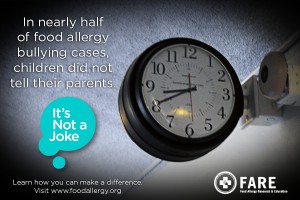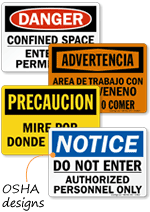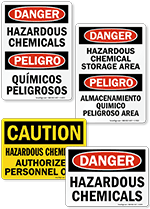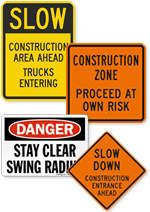Understanding food allergy bullying
As summertime comes to a halt, preparation for the new school year commences. Along with stocking up on notebooks, binders, and calculators, communities and schools must consider how they’re going to approach the different bullying trends that occur while classes are in session. As varied as its forms may be, all bullying has common aspects: it involves an imbalance of power and is a repeated activity, or has the potential to be.
One disturbing form of bullying involves targeting a child’s food allergy. Food allergy bullying is at best traumatic and at worst, fatal.
Children and teenagers can develop reactions to products such as fish, eggs, soy, wheat, peanuts, and tree nuts – conditions ranging from mild intolerance to potential fatality. A common misconception is that the sole means of exposure to food allergies is via ingestion.
However, touching or inhaling peanuts or peanut-based products can also trigger anaphylaxis; a reaction with symptoms including constricted airways, fainting, and even shock. Without prompt treatment, reactions can be life-threatening.

Many bullying cases go unreported or unnoticed to parents (via Food Allergy Research & Education).
Nearly one-third of children with food allergies have been bullied because of their condition. Since food allergy bullying causes both emotional and physical problems, a group of victims are offering accounts of their own experiences in hopes of spreading awareness and providing support.
One Canadian teen shared, “I have had people chase me saying, ‘Oh, I have eaten peanut butter today’ and then they put their hands up and pretend to rub it in my face.” She hopes to let teens going through similar struggles know that they’re not alone.
Mocking peers about their appearance or a learning disability has the same effect as bullying a child with food allergies: creating an imbalance of power to demote another person for being different with something they can’t control. Children don’t always understand the gravity of teasing another student about a food they are allergic to. Therefore, it’s imperative that parents and educators are provided the tools to teach kids that threatening a classmate with a food allergy cause social and emotional pain, and it can even compromise his or her life.
Category: Resources














